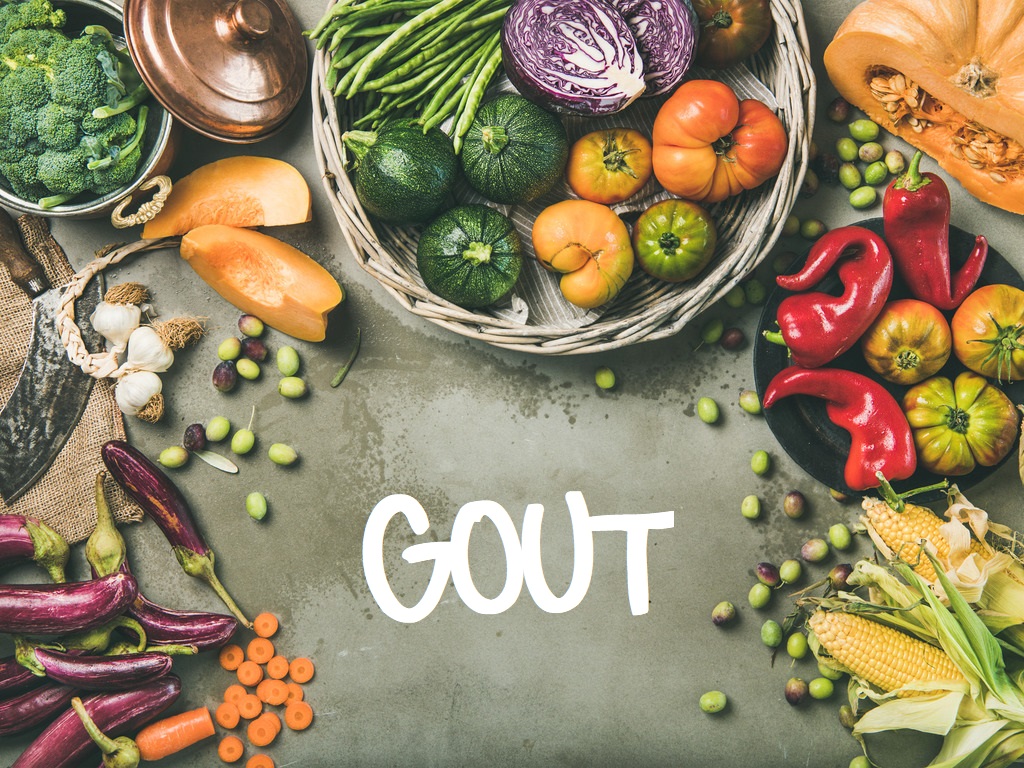Share this
What is gout? It is a kind of arthritis that causes painful and stiff joints. Gout is caused by the build-up of crystals of uric acid in your joints.
Gout
- Gout is a type of arthritis that causes pain and swelling in your joints, usually as flares that last for a week or two, and then go away.
- With early diagnosis, treatment, and lifestyle changes, gout is one of the most controllable forms of arthritis.
- The most common symptom of gout is pain in the affected joint, such as the big toe.
- Your doctor may recommend taking medications to manage the cause of your gout and treat active gout flares and making changes to your diet and lifestyle.
What is gout?
Gout is a type of arthritis that causes pain and swelling in your joints, usually as flares that last for a week or two, and then go away. Gout flares often begin in your big toe or a lower limb.
Gout happens when high levels of a substance called serum urate build up in your body. When this happens, needle-shaped crystals form in and around the joint. This leads to inflammation and arthritis of the joint. However, many people with high levels of serum urate will not develop gout.
With early diagnosis, treatment, and lifestyle changes, gout is one of the most controllable forms of arthritis.
Who gets gout?
- It is more common in men than in women.
- Gout usually develops in middle age; women usually do not develop gout before menopause.
- Rarely, younger people develop the disease; however, if they do, the disease tends to be worse.
What are the symptoms of gout?
The most common symptom of gout is a pain in the affected joint, such as the big toe. Gout flares often start suddenly at night, and the intense pain may wake you up. In addition, your joint may feel swollen, red, warm, and stiff.
Gout flares usually occur in one joint. They can be triggered by:
- Certain foods.
- Alcohol.
- Certain medications.
- Physical trauma.
- Certain illnesses.
What foods from the Indian diet contain purines?
The following foods are high in purine and must be avoided or eaten in moderation by gout sufferers.
In the Indian diet,
Do not have Masur, rajmah, chana, and chole – either in whole or in split (dal) form. Among vegetables, and fruits, avoid green peas, spinach, cauliflower, French beans, brinjal, mushroom, custard apple and mud apple (chickoo).
Universally,
High-Purine Foods Include:
- Alcoholic beverages (all types)
- Some fish, seafood, and shellfish, including anchovies, sardines, herring, mussels, codfish, scallops, trout, and haddock
- Some meats, such as bacon, turkey, veal, venison, and organ meats like liver
Moderate Purine Foods Include:
- Meats, such as beef, chicken, duck, pork, and ham
- Shellfish, such as crab, lobster, oysters, and shrimp
Avoid the use of adjuncts such as tomato, lime juice, curd, vinegar, kokum, amchur and pepper powder, etc. Banish the saltshaker from the dining table. Go easy on the addition of salt to the dishes you prepare.
What foods to eat if you have Gout
- Low-fat and non-dairy fat products, such as yogurt and skim milk.
- Fresh fruits and vegetables.
- Nuts, peanut butter, and grains.
- Fat and oil.
- Potatoes, rice, bread, and pasta.
- If you relish eggs and meats like fish, chicken, and red meat – you can have them in small quantities that have been okayed by your doctor.
Certain factors may increase your chances of developing gout, including:
- Having high urate levels; however, not everyone who has high levels develops gout.
- Having a family history of gout.
- Increasing age.
- Drinking alcohol.
- Eating foods that are rich in purines (usually from animal sources), a substance that breaks down into urate.
- Drinking beverages that have high-fructose corn syrup, such as soda.
Some health conditions may increase your risk of developing gout, such as:
- Overweight or obesity.
- Metabolic syndrome, a name for a group of conditions that include high blood pressure, high blood sugar, abnormal cholesterol levels, and excess body fat around the waist.
- Chronic kidney disease, a condition that develops when your kidneys are damaged and cannot filter blood the way they should.
- High blood pressure.
- Conditions that cause your cells to turn over rapidly, such as psoriasis, hemolytic anemia, or some cancers.


